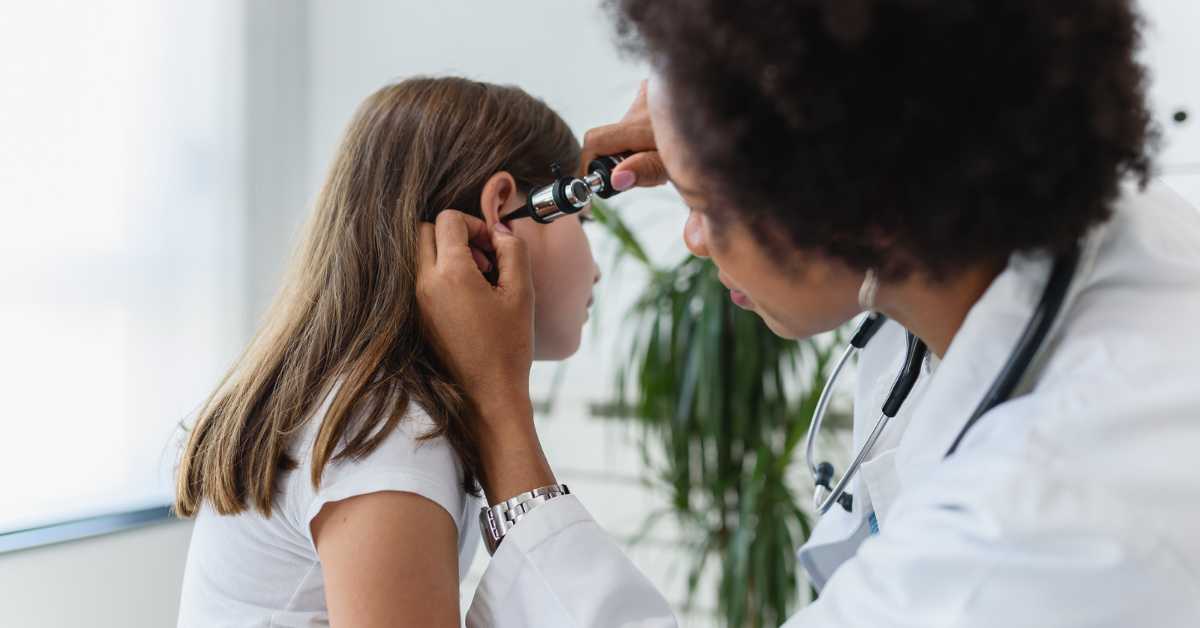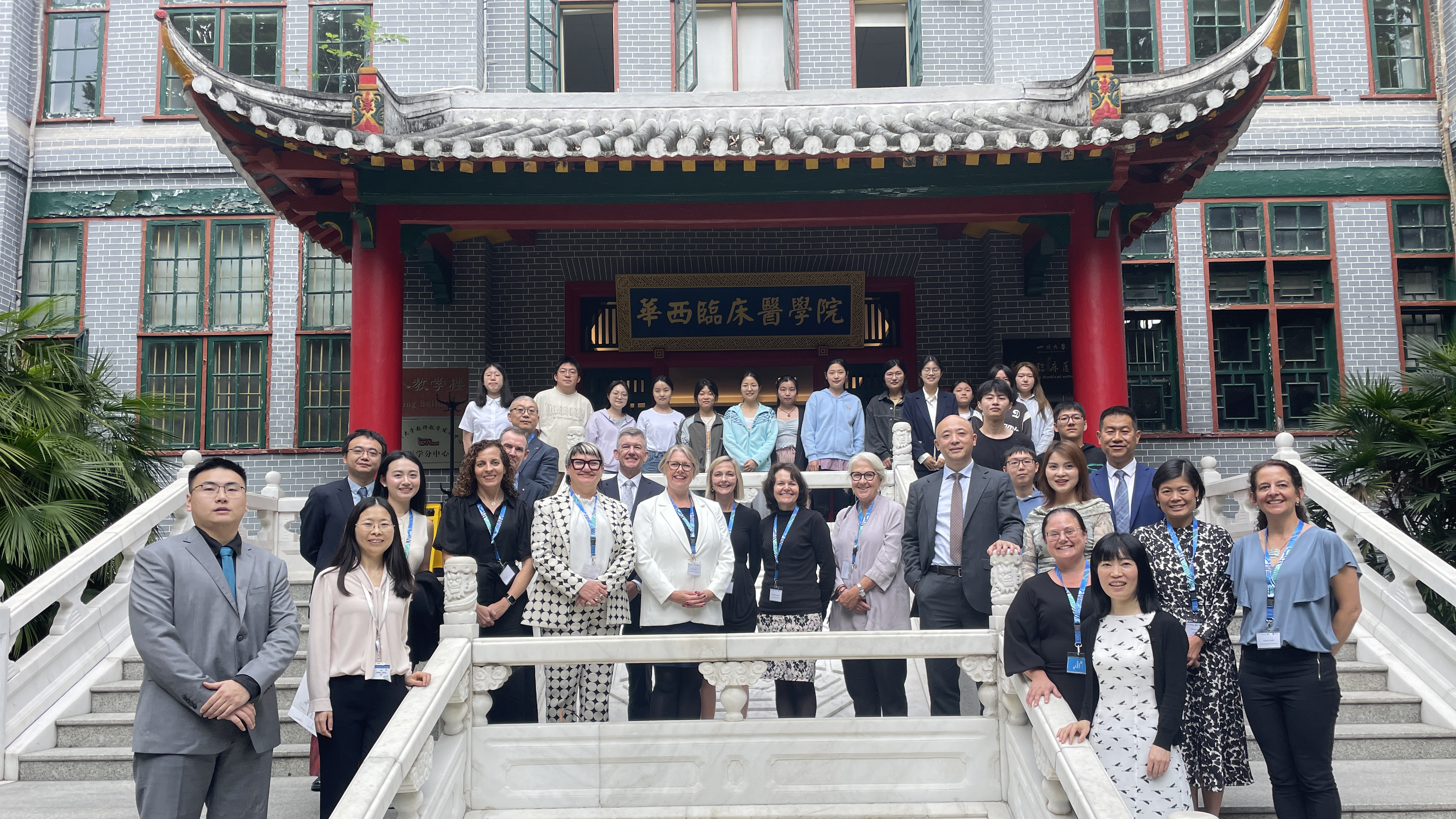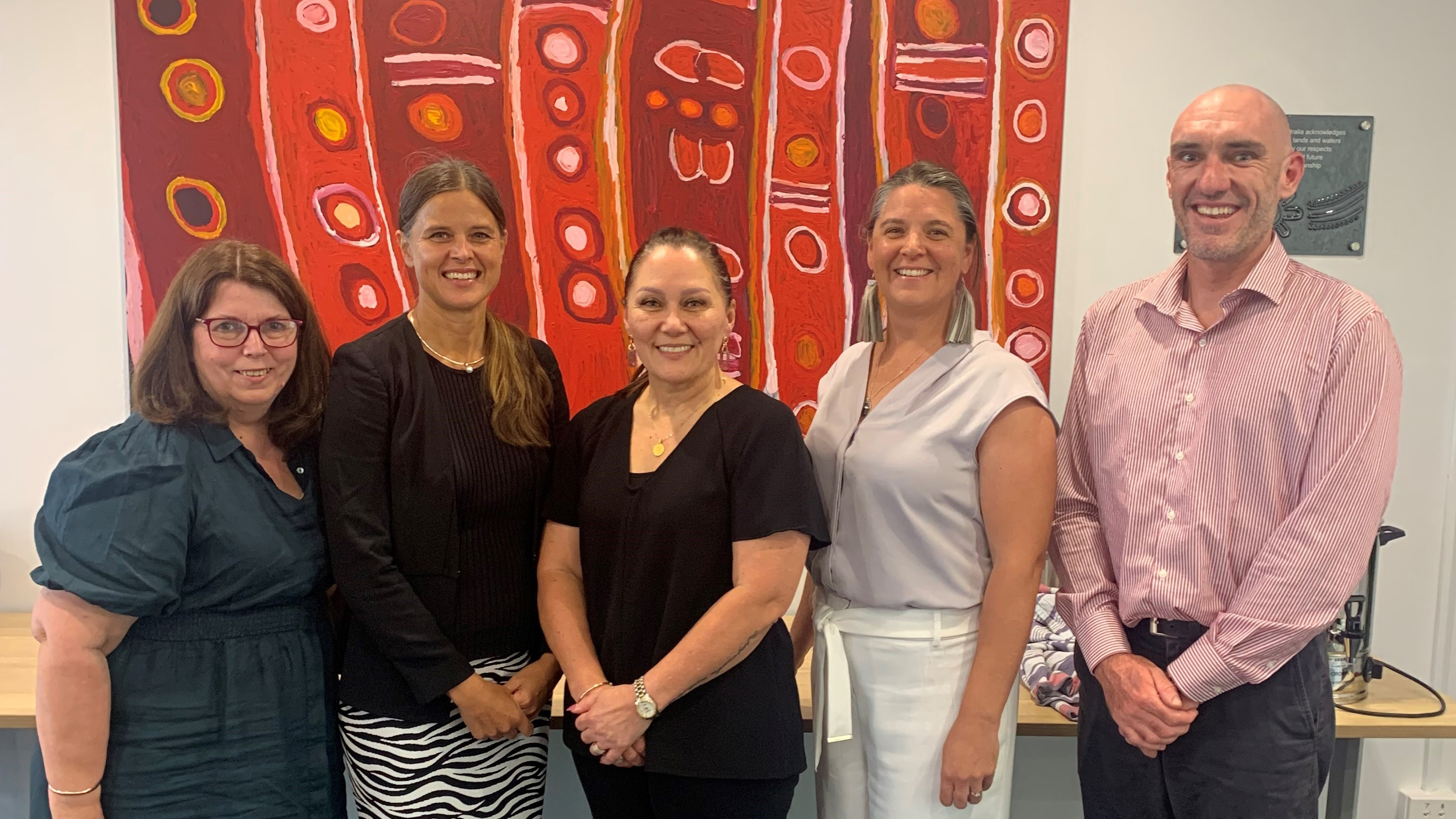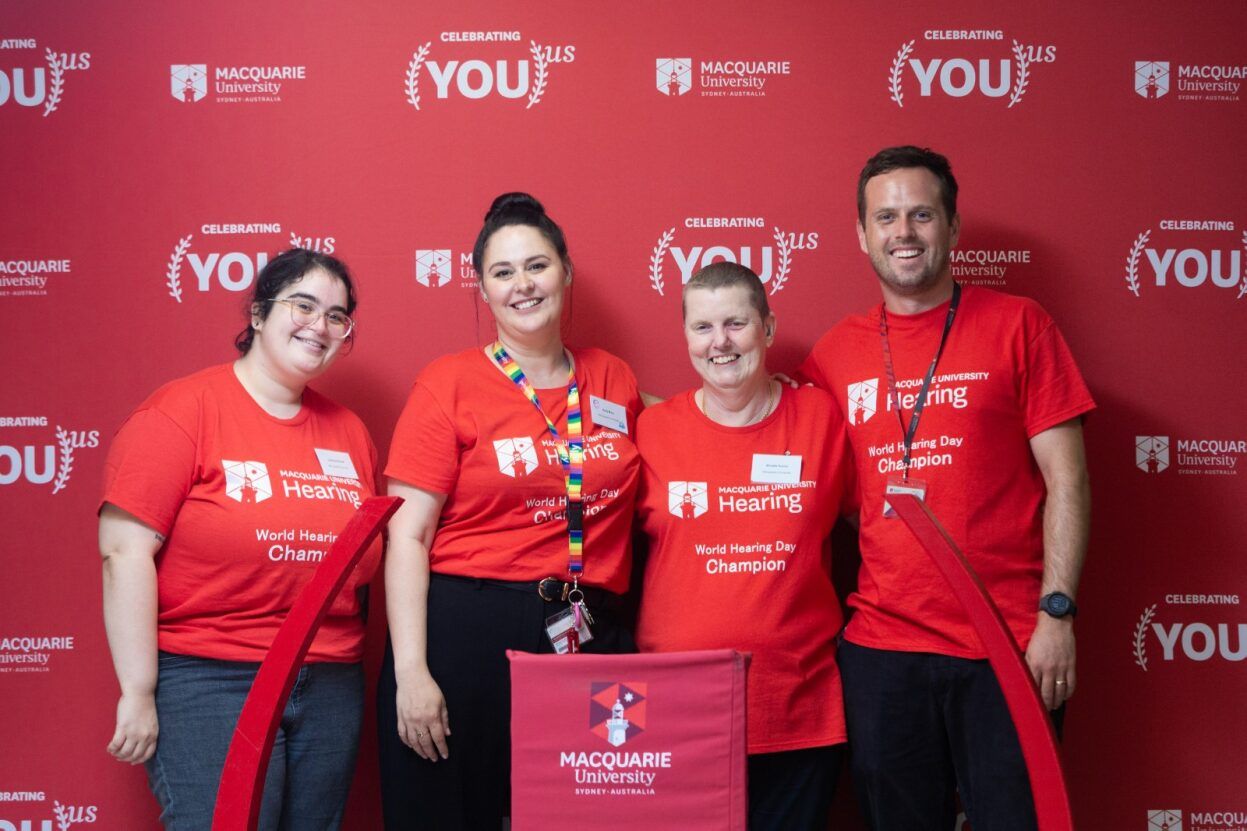Professor Greg Leigh, Director of the NextSense Institute and Chair of the Australasian Newborn Hearing Screening Committee shared an opinion piece on World Hearing Day which spoke to this year’s theme of broader access to ear and hearing care. Greg’s piece argues that there is an ethical imperative to act to prevent the long-term consequences of unaddressed hearing loss in older children, particularly for Aboriginal and Torres Strait Islander Children. He also cautions that any national approach to detecting hearing loss after children move beyond the newborn period should be based on the best possible evidence. Ensuring an evidence-based approach will avoid unintended harms, he says, and make a real and lasting difference to children with hearing loss and families. Greg’s piece was published as the Australasian Newborn Hearing Screening Committee began its annual conference in Hobart, and where this topic was on the agenda for discussion.

Opinion: Australia needs a national approach on detecting childhood hearing loss
You may also like

3 months ago
Newborn hearing screening delegation visits China
In April, a delegation of Australian hearing health leaders, researchers, clinicians, and support staff from the Universal Newborn Hearing Screening (UNHS) Expert Working Group visited China.

5 months ago
STORM: Systematically, Together, Overcoming Racism Model
Systemic racism significantly affects the health and well-being of priority populations including Aboriginal and Torres Strait Islander people. Therefore system and structural levers must be identified along with institutions and organisations who can lead transformational social and political change.

5 months ago
Challenging misconceptions for World Hearing Day
More than 150 people attended a Macquarie University Hearing event on 4 March to celebrate World Hearing Day.
The theme of World Hearing Day 2024 was ‘Changing Mindsets’, with a focus on challenging stigmatising misconceptions by raising awareness and sharing information.




